陶瓷制品产业链平台搭建
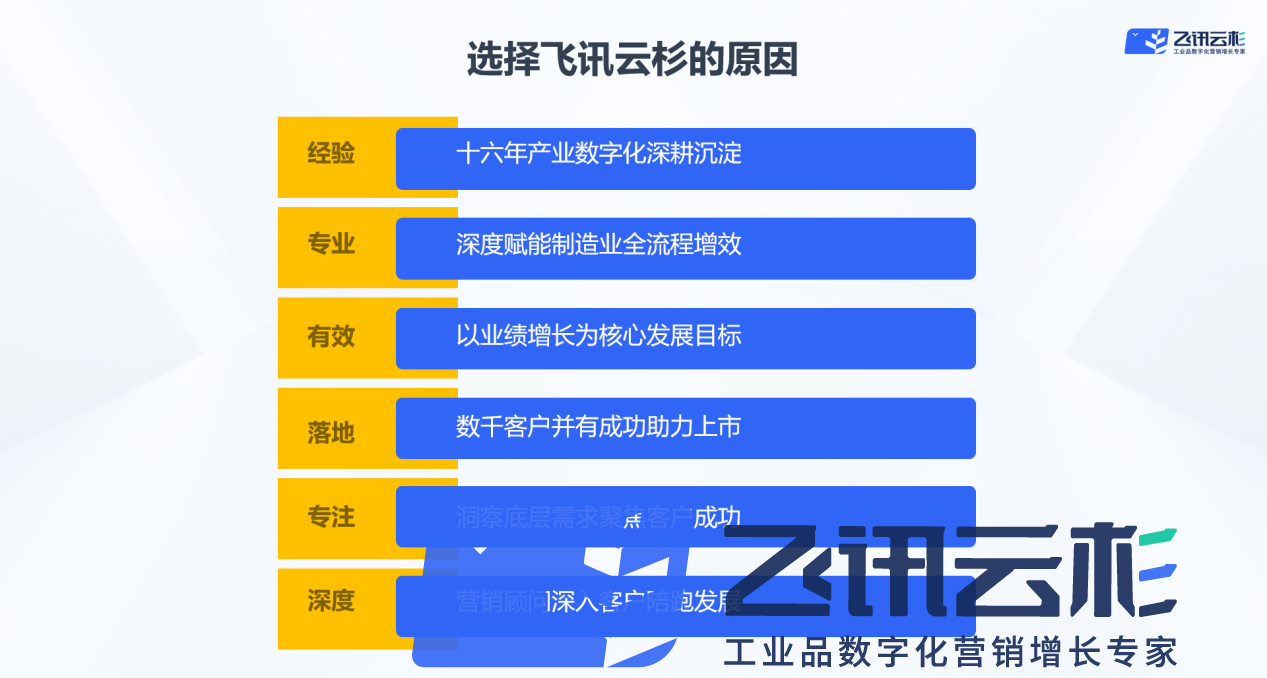
Title: Building a Ceramic Industry Chain Platform
Introduction:
The ceramic industry has witnessed significant growth and development in recent years. With its diverse applications in sectors such as construction, household goods, and industrial manufacturing, the demand for ceramic products continues to rise. To effectively meet this demand and optimize the efficiency of the industry, the establishment of a comprehensive ceramic industry chain platform is crucial. This article explores the benefits and challenges of building such a platform, as well as its potential impact on the ceramic industry.
1. Streamlining Production Processes:
One of the primary goals of a ceramic industry chain platform is to streamline production processes. By integrating various stages of production, from raw material sourcing and manufacturing to distribution and sales, the platform ensures a seamless flow of information and resources. This integration allows manufacturers to optimize their production schedules, reduce costs, and improve overall efficiency.
2. Enhancing Supply Chain Management:
Efficient supply chain management is essential for the success of any industry. A ceramic industry chain platform serves as a central hub where suppliers, manufacturers, and distributors can collaborate and share real-time data. This enables better inventory management, forecasting, and procurement, leading to reduced lead times, minimized stockouts, and improved customer satisfaction.
3. Promoting Innovation and Collaboration:
Through a ceramic industry chain platform, different stakeholders within the industry can collaborate and innovate together. Manufacturers can share their research findings, technical expertise, and new product developments, fostering an environment of continuous improvement and innovation. This collaboration not only enhances the competitiveness of individual companies but also drives the overall growth of the ceramic industry.
4. Facilitating Market Expansion:
A well-established ceramic industry chain platform provides manufacturers with access to a broader market. Through the platform's marketing and advertising capabilities, companies can showcase their products to a wider audience, both domestically and internationally. This exposure opens up new business opportunities and facilitates market expansion, ultimately increasing revenue streams for manufacturers within the industry.
5. Addressing Quality Control and Standardization:
Maintaining consistent quality and adhering to industry standards are vital for the success and reputation of ceramic manufacturers. A ceramic industry chain platform can act as a platform for implementing quality control measures and ensuring standardization throughout the production process. By incorporating quality checks at each stage, from raw material inspection to final product evaluation, manufacturers can guarantee the reliability and durability of their ceramic products.
Challenges and Considerations:
While the establishment of a ceramic industry chain platform offers numerous benefits, there are challenges that need to be addressed. These include data security, interoperability among different systems, and the willingness of industry stakeholders to embrace collaborative efforts. Additionally, the platform should be user-friendly and accessible to all participants, regardless of their technological capabilities.
Conclusion:
Building a comprehensive ceramic industry chain platform is essential for optimizing production processes, enhancing supply chain management, promoting innovation and collaboration, facilitating market expansion, and addressing quality control and standardization within the industry. By overcoming challenges and embracing the potential of such a platform, the ceramic industry can position itself for sustained growth and competitiveness in the global market.
飞讯云杉是一家提供全链数字化营销解决方案的企业,聚焦产业互联网平台孵化服务,为工业制造企业搭建数字化营销-数字化供应链-业务智能决策全链数字化营销业务体系,实现工业品营销模式的创新,通过数字化赋能销售快速复制,让每一个工业品制造企业都拥有全链数字化营销业务体系。



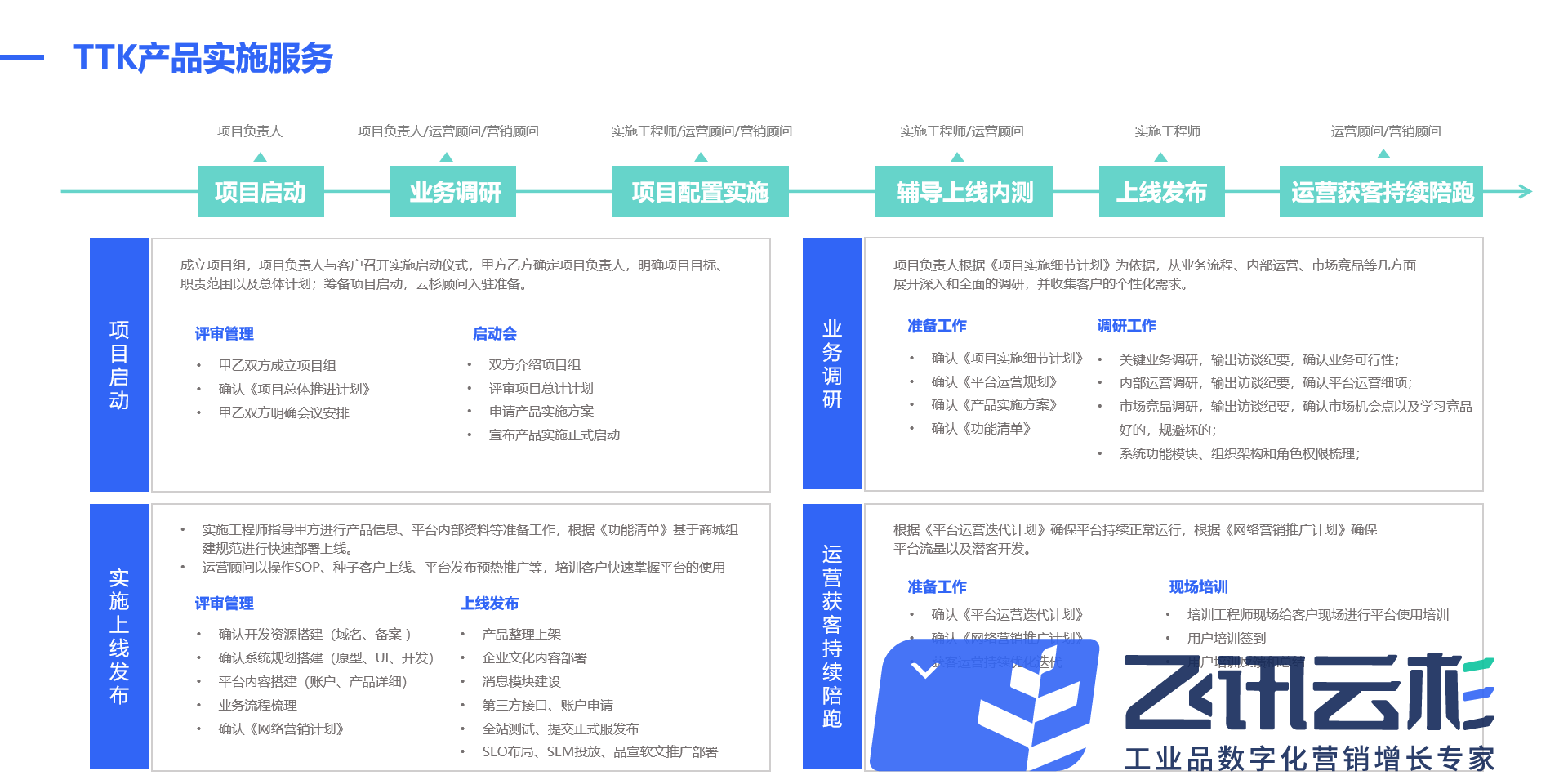




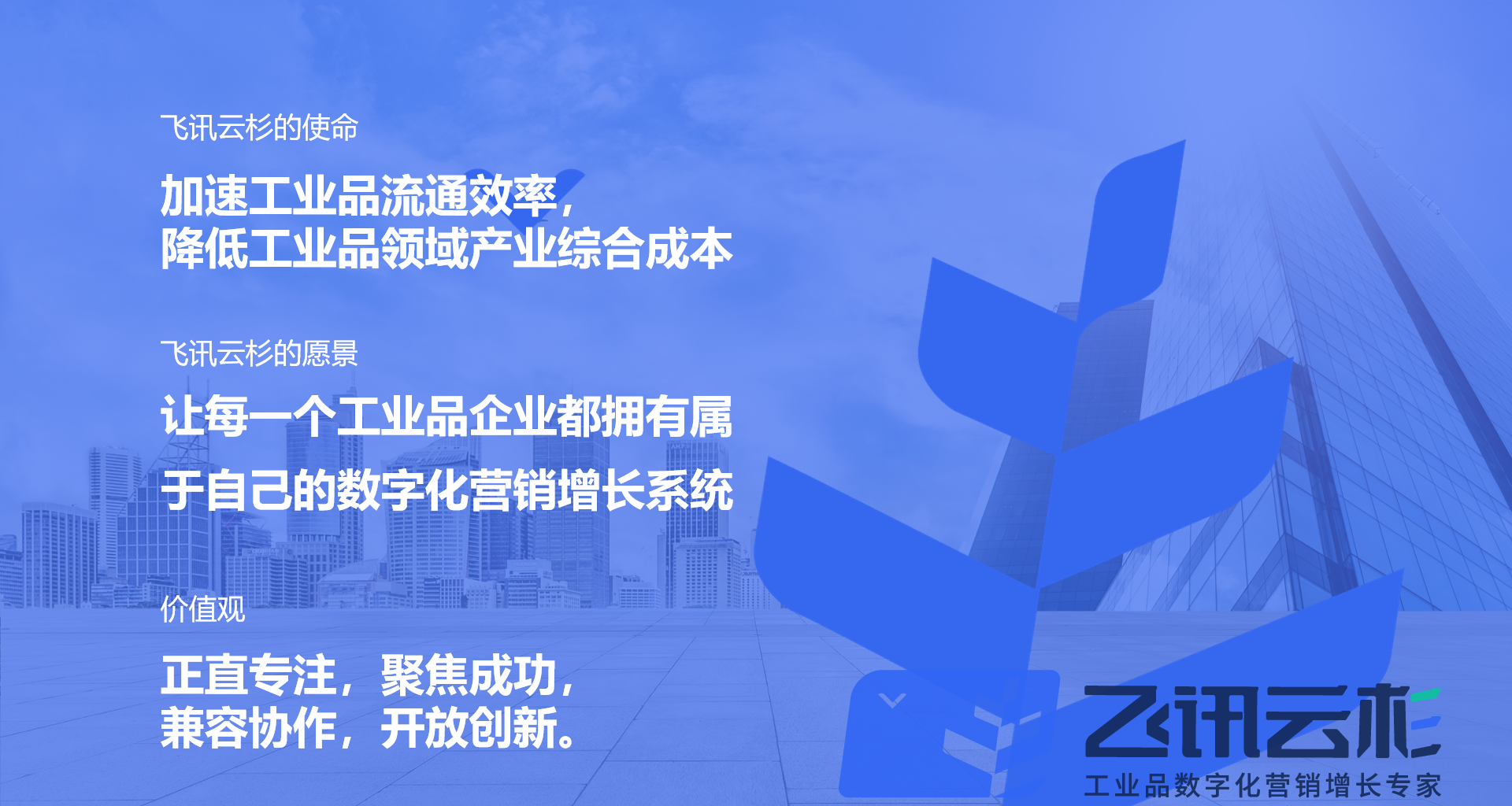
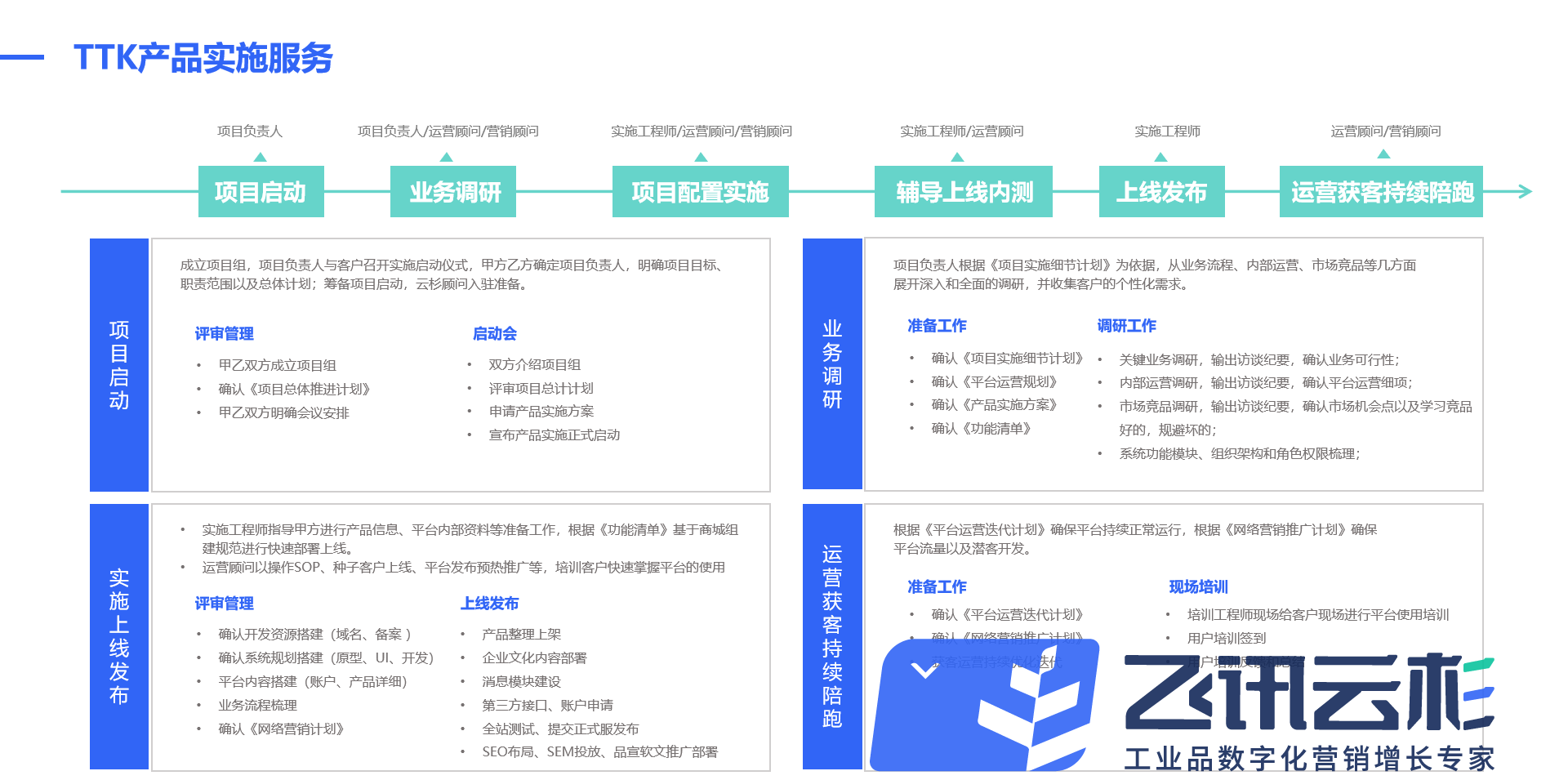

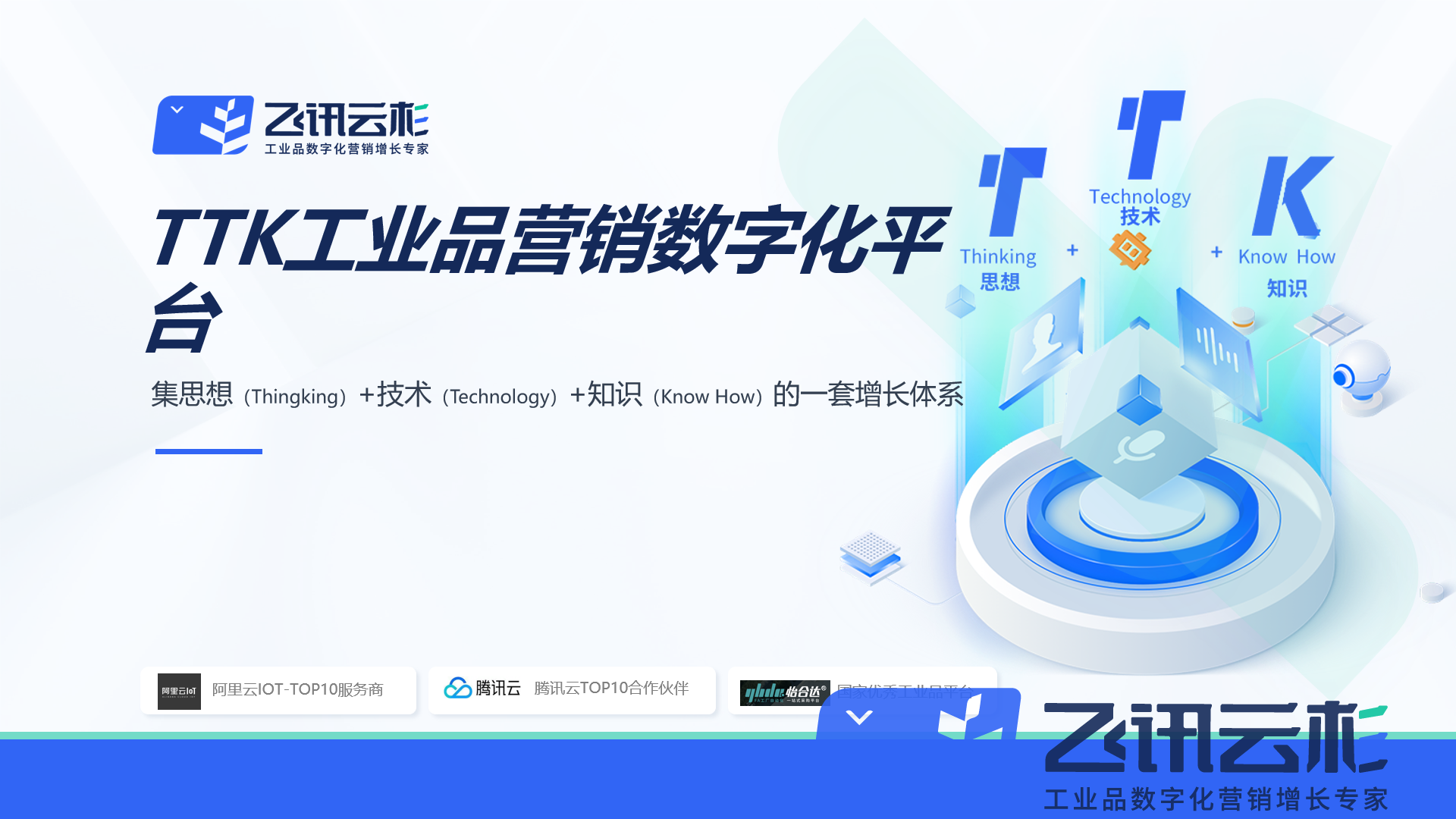


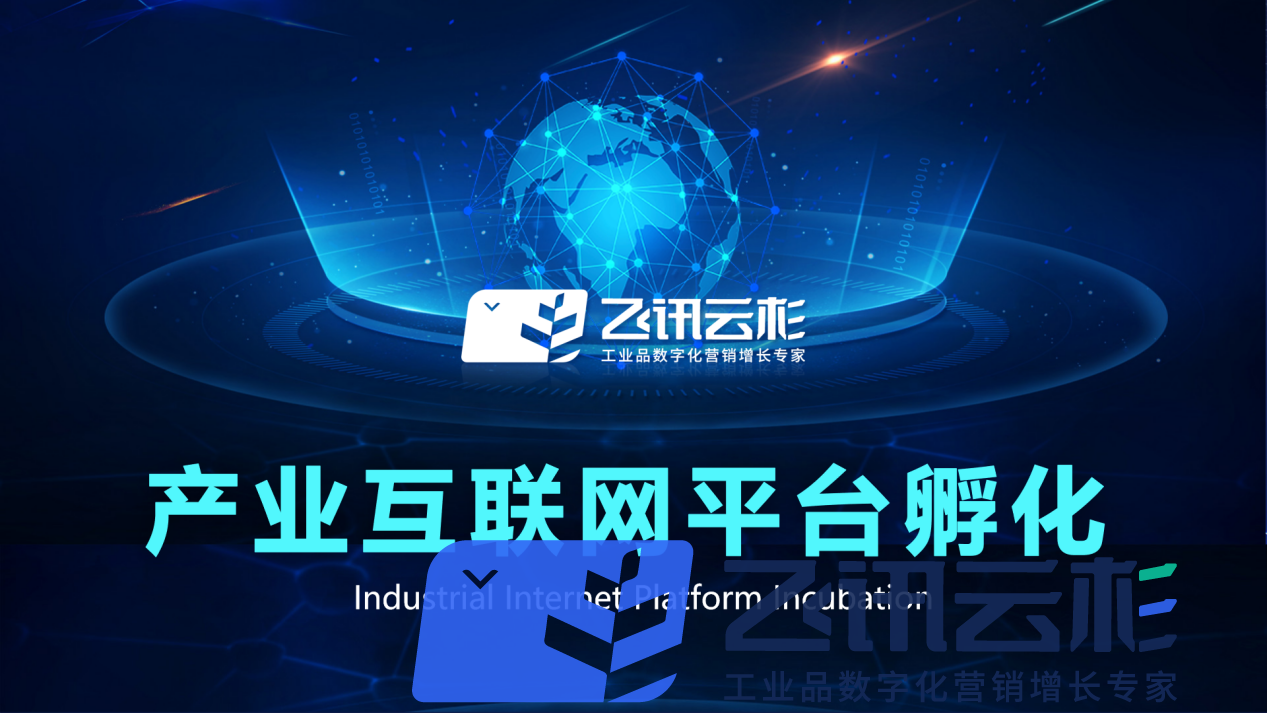
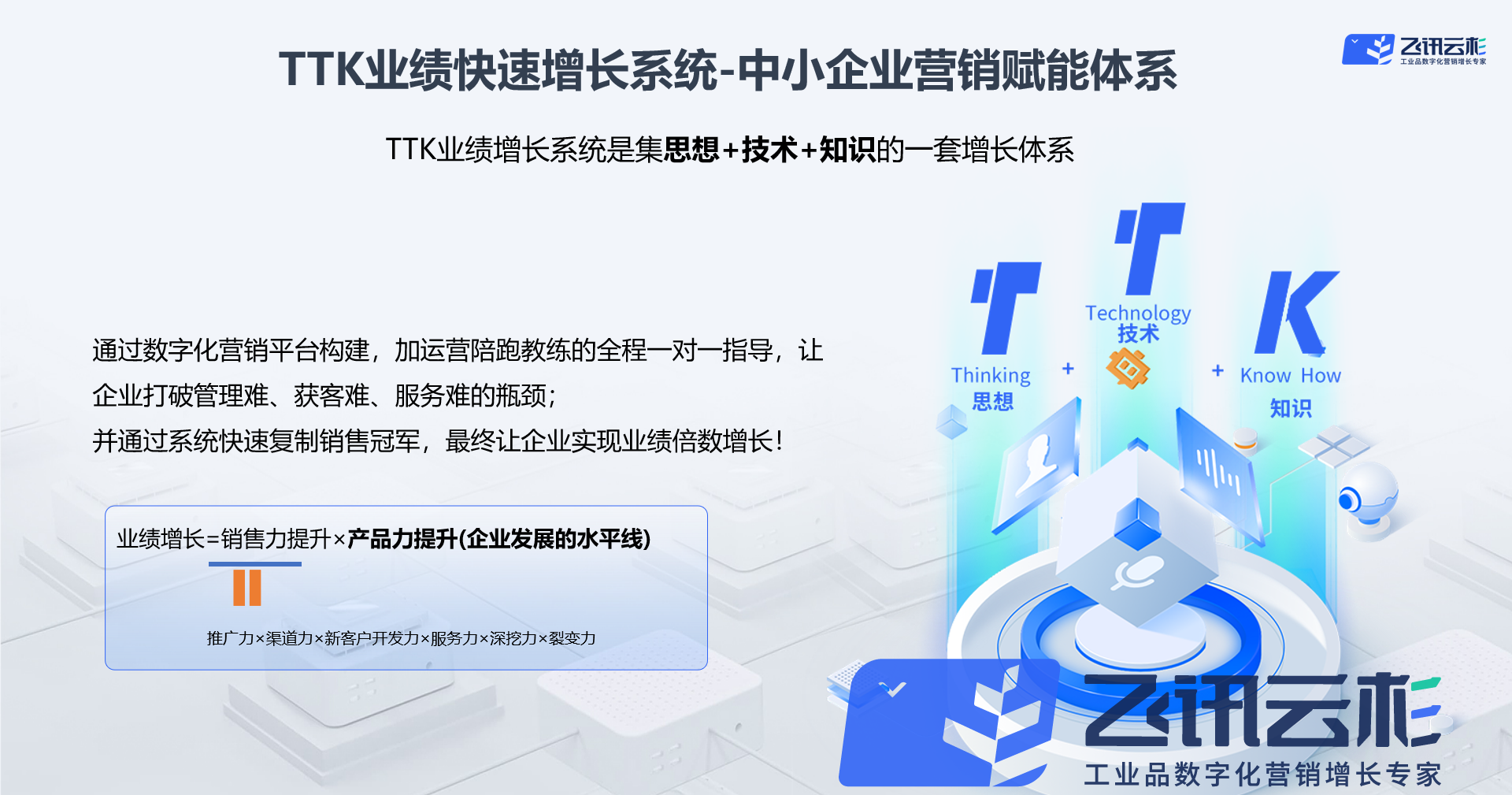


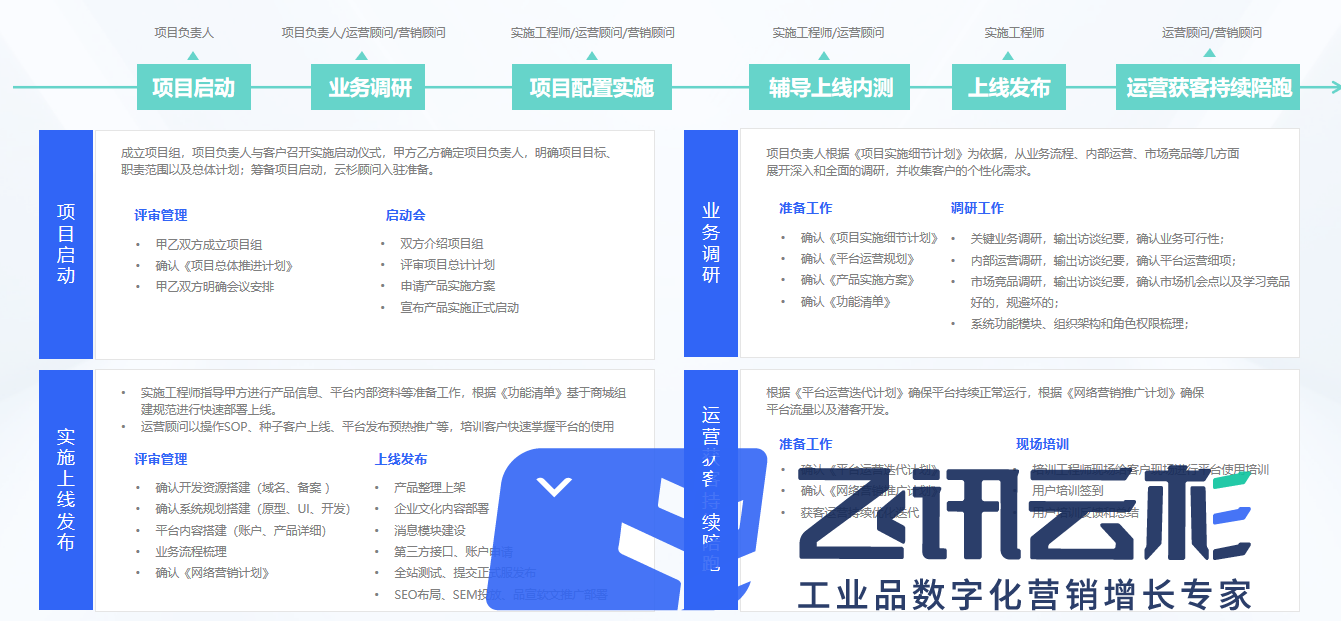
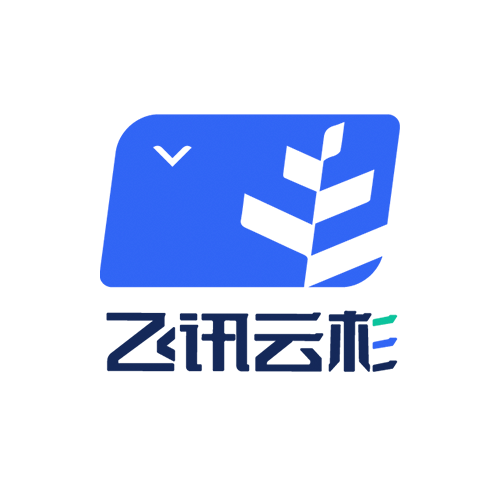







请先 登录后发表评论 ~